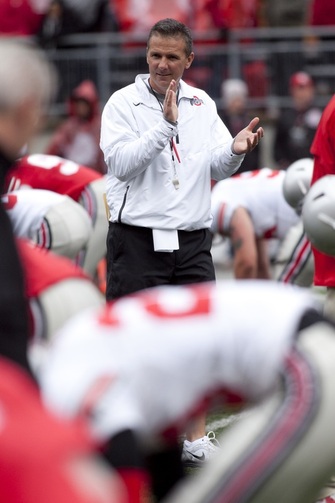
Urban Meyer's philosophy for winning football games applies to organizations. It starts with talent. The best companies invest in finding the best talent. Want a job at Google? Be prepared for a challenging experience. If you want to be build or retool your organization, start with a realistic look at the skills, knowledge, and abilities your organization has or will need. Then take a good look at your recruitment and selection methods. Are you attracting talent? Can you reward and keep talent?
Discipline takes several forms. First is training. Learning your discipline or way of doing business. Many employees learn mainly by trial-and-error on the job. Does your organization need more training? Better training? Do the training activities match job requirements? Is the training sufficient to have a measurable impact? The quality of training can significantly shape outcomes.
Discipline also refers to understanding and executing policies, procedures, tasks, and taking responsibility -- getting the job done the way it needs to be done. Henri Fayol ((1841-1925), who gave us the first comprehensive theory of management, wrote about discipline resulting from different agreements concerning activities, applications, and energies that varied among organizations. He wrote that "discipline is absolutely essential for the smooth running of business and that without discipline no enterprise could prosper." What did Fayol think were the best means to good discipline? Good leaders at all levels, clarity and fairness in agreements, and enforcing sanctions judiciously.
I especially like Urban Meyer's phrase, "when you get leadership, that's when magic starts happening." I do not know Urban Meyer but my guess is that he uses the term leadership like Fayol, leaders at all levels. Organizations can easily confuse leader development with leadership development (see Day, 2000). Leader development focuses more on the individual, trying to develop skills and competencies to lead. On the other hand, leadership development seeks to grow leadership throughout an organization developing relationships among leaders, understanding followership, to insure leaders are on the same page, not at cross-purposes. And when this happens, magic happens.
Talent, discipline, leadership. I think Urban Meyer nailed the essential ingredients to greatness.
Reference: Day, D. V. 2000. Leadership development: A review in context. Leadership Quarterly, 11: 581–613.
Image courtesy of the Ohio State Athletic Department. Used with permission.
 RSS Feed
RSS Feed